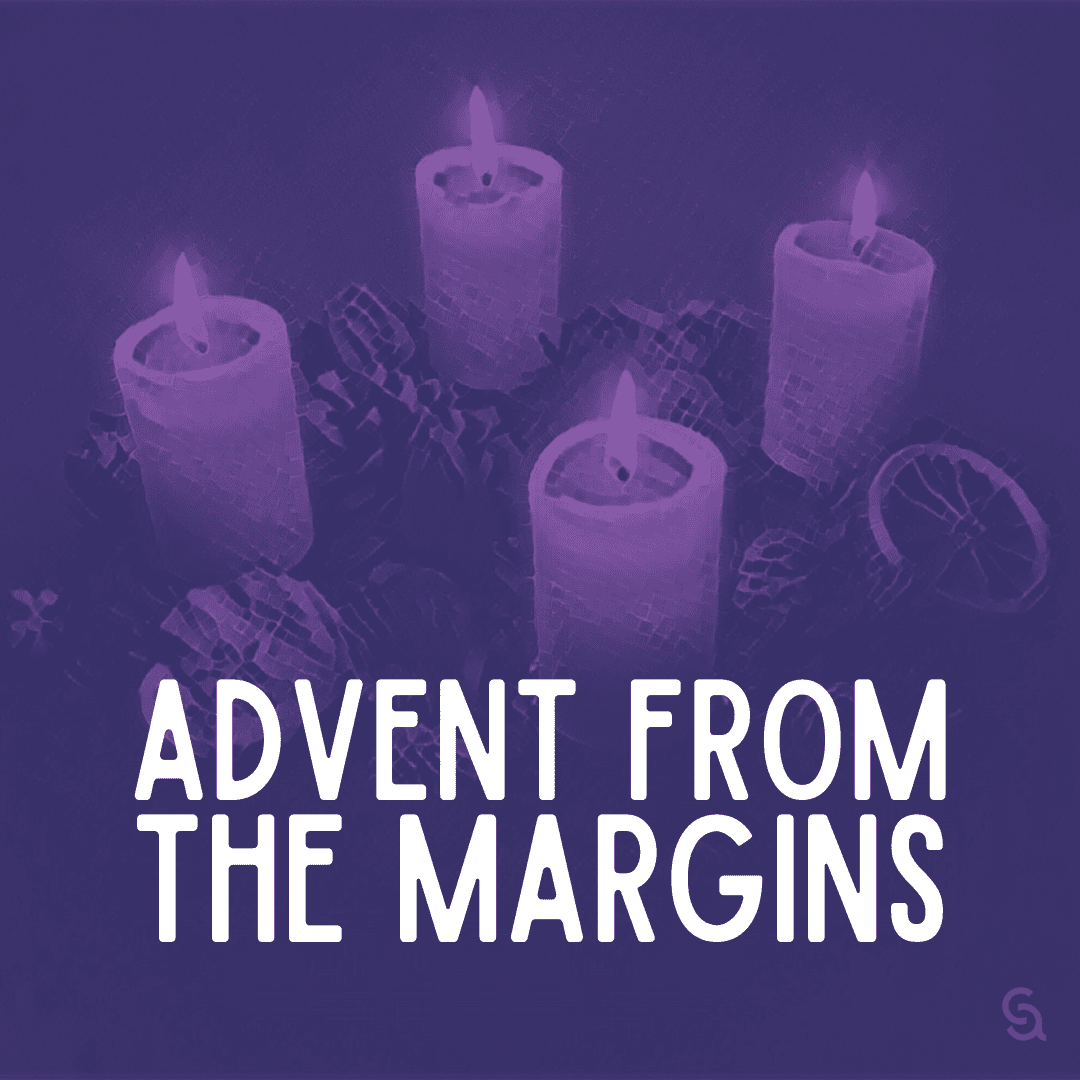 Editor’s Note: This post is part of our Advent series 2022 entitled “Advent from the Margins,” where we’ve asked writers to submit reflections on what waiting for Christ means in their context.
Editor’s Note: This post is part of our Advent series 2022 entitled “Advent from the Margins,” where we’ve asked writers to submit reflections on what waiting for Christ means in their context.
Christmas is the time of year when Christians around the world celebrate the birth of our Lord Jesus Christ. In some traditions, Christmas is preceded by Advent, as recorded in the liturgical calendars of various churches. Advent, as a period of preparation for the coming of the Redeemer, is an invitation to prayer, the Word, and the reorientation of life in the light of the Word.
At the end of chapter 1 of John, at the beginning of his ministry, Jesus decides to go to Galilee, the marginal Galilee, far from the glamour and power of Jerusalem. But first he meets Philip and calls him to follow him as his disciple. Philip, in turn, seeks out his friend Nathanael to tell him about Jesus. Philip gives Nathanael contrasting details about Jesus. On the one hand, Jesus is from a place of little importance and the son of a father with a common name; but at the same time, he is the one Moses and the prophets wrote about. Faced with this presentation of Jesus, Nathanael responds, perhaps not surprisingly, “From Nazareth! Can anything good come from there?”
Philip does not engage in apologetic conversations with Nathanael about Jesus. For Philip, Jesus is a person to whom Nathanael can personally turn to dispel, or confirm, his doubts. Philip appeals to the personal experience of encounter and dialogue: “Come and see.” And Nathanael goes. How much we need an attitude like Nathanael’s today when differences separate us into seemingly irreconcilable positions! Nathanael’s honesty, even with his prejudices, goes out to meet the other to give himself the opportunity to see reality from another point of view, and in doing so he meets Jesus. “From Nazareth! Can anything good come from there?”
“Come and see.” Nathanael comes with his class prejudices to the conversation and instead, Jesus welcomes him with a compliment, “Here you have a true Israelite, in whom there is no falsehood.” Nathanael’s honesty, even in the expression of his prejudices, is recognized by Jesus. At that moment, when Nathanael has the floor, he no longer asks about who Jesus is, but instead asks something rather personal: “How do you know me?” Jesus’ answer surprises Nathanael because it reveals intimate details about Nathanael, which could only have been known to God: “Before Philip called you, while you were still under the fig tree, I had already seen you.” There is no longer room for his prejudices against Jesus of Nazareth. Nathanael declares, “Rabbi, you are the Son of God! You are the King of Israel!” After this encounter, Nathanael answers his own question, “Can anything good come from there?” Yes, Joseph’s son has turned out to be Teacher, Son of God and King of Israel.
Jesus is not limited to the expectations of Nathanael’s statement: “You will see even greater things than these! Surely I tell you the truth, you will see heaven opened, and the angels of God ascending and descending upon the Son of man.” Nathanael, like the other disciples and now us, as we follow Jesus of Nazareth on his way to Galilee, can have a better understanding of what it means for Jesus to be Teacher, Son of God and King now in our life and context.
At Christmas, we may not find Jesus where we might most expect Him, especially not in the merchandise of the shopping malls. He doesn’t come labeled with the brand of our religion. He doesn’t even present himself in the attire of our own culture or religious expectations. “From Nazareth! Can anything good come from there?” Jesus invites us to look for him on the margins, to come to him even with our doubts, even with our stereotypes and prejudices. In meeting Jesus, in those unexpected places, we’ll find He knows exactly who we are and where we are in life.
What are our ethnic, cultural, economic, or political prejudices that prevent us this Advent from going and seeing Jesus? Are we honest enough, like Nathanael, to recognize them? Jesus goes to Galilee, to the edges of culture, to the place where those marginalized by religious and economic power live. Are we willing to go to meet Jesus there, to the Galilee of our neighborhoods and cities? And, above all, are we willing to go to meet Jesus of Nazareth, who does not meet religious expectations but who knows us and calls us by name?
“Can anything good come from Nazareth?” Yes. Nathanael testifies to this. “Can anything good come from Nazareth?” Yes, as long as we come willing to let Jesus be Lord and do not try to tame him to our expectations. There are many personal, religious, and cultural barriers that prevent us from accepting the invitation to “go and see.”

 Alejandra Ortiz and Abdiel Espinoza live in Tijuana, México with their two daughters. They have deep-knit connections with family and friends on both sides of the Tijuana/San Diego border. Alejandra works for the International Fellowship for Evangelical Students (IFES) in a project that fosters dialogue between the Sciences and the Faith. She participates in a church that serves as a shelter for migrants and refugees in Tijuana. Abdiel works asregional director for campus ministry in Northwest México and serves in the pastoral team of a church that is also a shelter for migrants and refugees in Tijuana.
Alejandra Ortiz and Abdiel Espinoza live in Tijuana, México with their two daughters. They have deep-knit connections with family and friends on both sides of the Tijuana/San Diego border. Alejandra works for the International Fellowship for Evangelical Students (IFES) in a project that fosters dialogue between the Sciences and the Faith. She participates in a church that serves as a shelter for migrants and refugees in Tijuana. Abdiel works asregional director for campus ministry in Northwest México and serves in the pastoral team of a church that is also a shelter for migrants and refugees in Tijuana.

